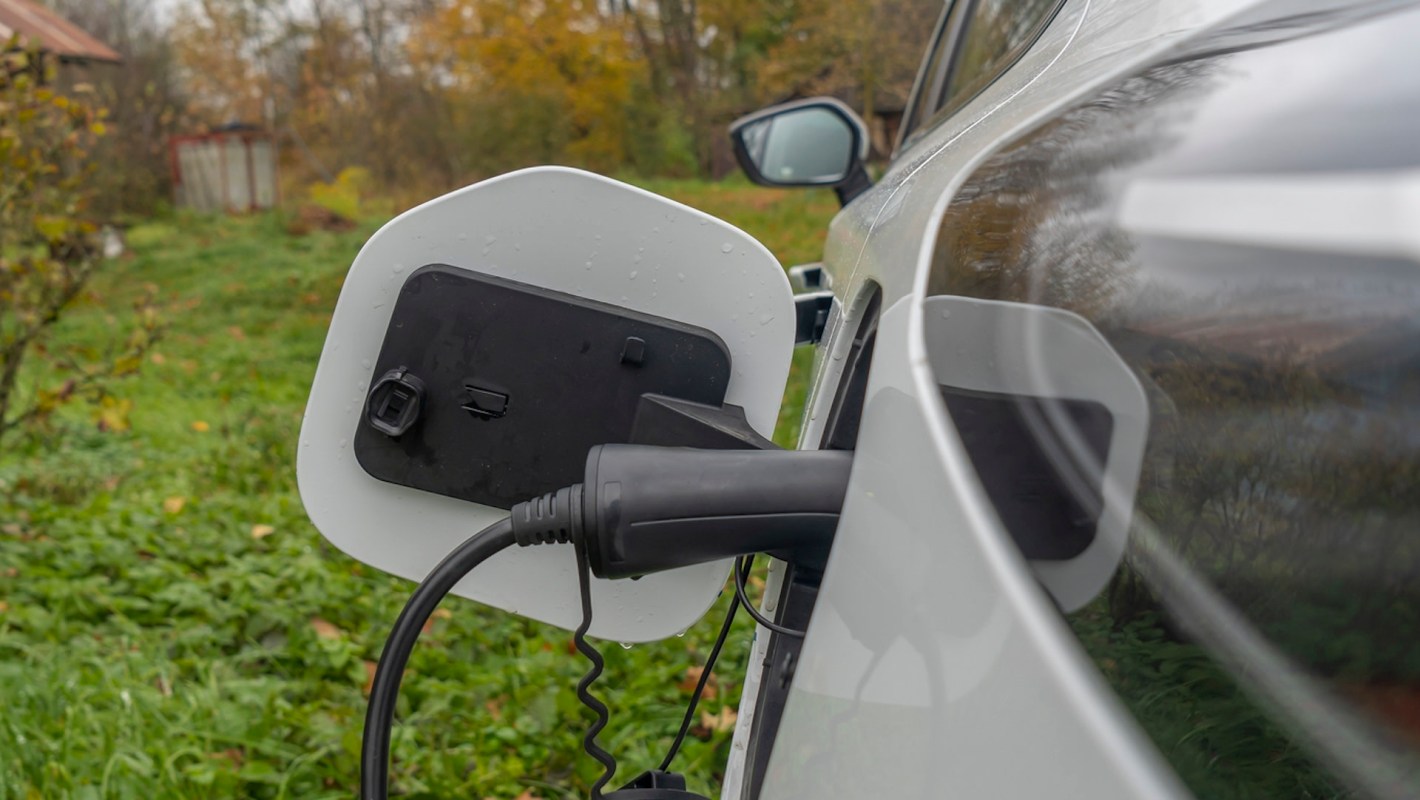One homeowner thought they'd found a low-cost, low-effort way to charge their electric car at home — but requirements from their HOA put an end to that.
"So my husband and I bought an electric car last year," the owner explained. "We have a cord that we plug into our kitchen and run to our car right next to the house through our window."
According to the original poster, this unusual charging method got the attention of their HOA pretty quickly.
"About 3 months ago, they told us we had to have a cone and a yellow reflection strip on our cord if we were going to continue to run in through the window. We did that," they said.
But that wasn't the end of the matter. "Today, we received a notice that we are no longer allowed to run the cord at all per the board. Quote: 'If you intend to keep the electric car, you are required to complete an ACC request detailing how you intend to bring new and separate electrical service into your garage for charging the car. You will need to start by pulling a permit with the City of Kent and will also need to work closely with PSC to arrange for installation of a new meter.'"
The notice also included a copy of the request form with a due date. "As of July 1st you will no longer be allowed to run the extension cord through any part of the common areas," it concluded.
HOAs across the country have been caught standing in the way of money-saving and eco-friendly home upgrades, from high-tech projects like solar panel installation to simple clotheslines. Often, they're the villains to would-be environmentalists.
But this time, the HOA does have a point, as some commenters suggested. "Safety is a concern to me," said one user. "I can't say that I like your current charging solution."
"They may have you over a barrel," said another commenter. "The contractors can (and should) handle the permit work for you. They'll likely need to put in a small electrical panel to be code compliant."
If the original poster was really determined, they could also try working with the HOA board to change the rules. However, it's likely they would need to compromise on a safer, more permanent solution in the end.
Join our free newsletter for easy tips to save more, waste less, and help yourself while helping the planet.









